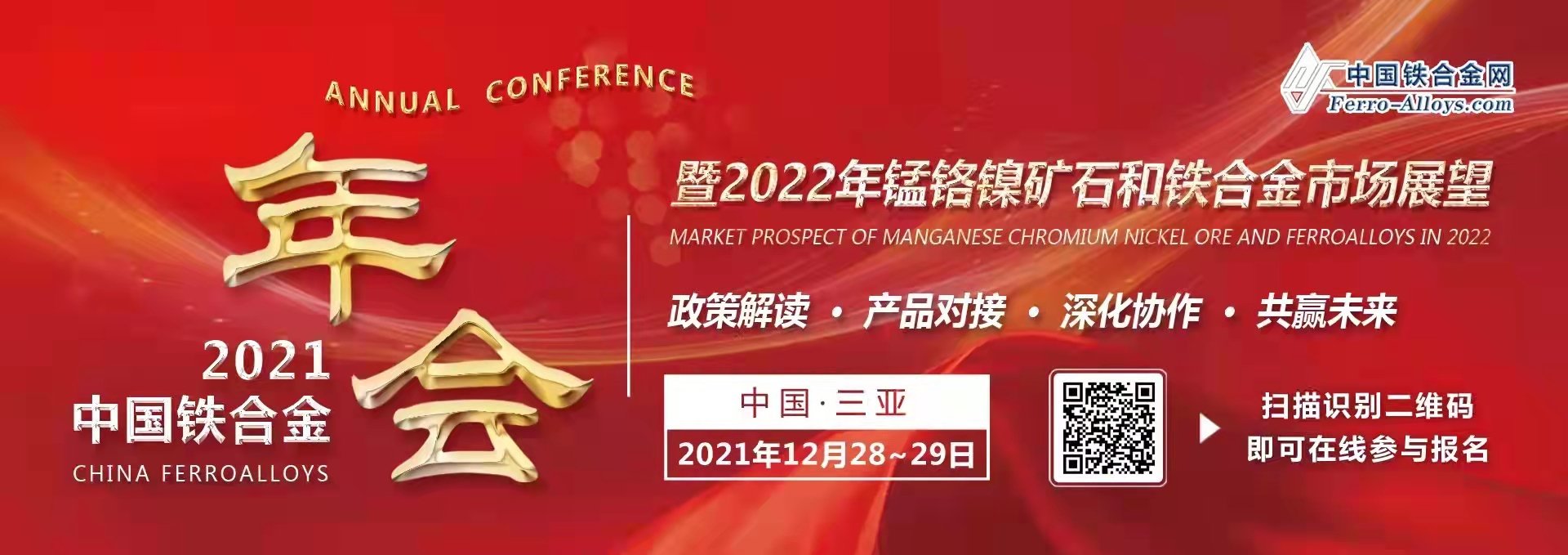
China's iron and steel industry will keep curbing both capacity and output while advancing structural optimization to shore up green and high-quality development, according to industry experts.
That will contribute to progress toward the goals of peaking carbon dioxide emissions by 2030 and achieving carbon neutrality by 2060, they said.
In a recent plan released by the State Council, or the central government, to peak carbon dioxide emissions, China vows to deepen supply-side structural reform in the iron and steel industry and strictly prohibit additional production capacity while removing outdated capacity.
The nation will promote mergers and restructuring of steel enterprises across regions and ownership types to increase the market share of leading players.
It also will optimize production capacity and continue to curb steelmaking capacity with a particular focus on the Beijing-Tianjin-Hebei region and surrounding areas.
"To curb capacity and output and control total energy consumption and energy intensity, the industry must seek healthy growth while reducing output," said Qu Xiuli, vice-chairwoman of the China Iron and Steel Association. Energy intensity means energy consumption per unit of gross domestic product.
"We must push forward supply-side structural reform and accelerate industry transformation and upgrades to continuously improve industrial structure and layout," Qu said.
Key tasks for the industry will be to "reduce costs, prevent risks, improve quality and secure profitability" for the next development phase, she said.
Shi Hongwei, deputy secretary-general of the association, said the key to controlling capacity and output is to facilitate the transformation and growth of enterprises with advanced, green and low-carbon technologies while using laws and market mechanisms to phase out enterprises that violate capacity regulations.
Li Xinchuang, chief engineer and Party secretary of the China Metallurgical Industry Planning and Research Institute, also suggested providing preferential treatment to steel enterprises that have advanced technologies and low energy consumption.
"Local government should leverage low-carbon development to motivate enterprises to transform themselves and upgrade," he said.
Chinese iron and steel enterprises have been investing heavily in environmental protection and related technological innovations to carry out large-scale, ultralow carbon emissions transformation and promote green and low-carbon development, the institute reported.
In the first nine months, CISA member enterprises consumed 545.33 kilograms of standard coal to produce a metric ton of steel on average, down 1.46 percent year-on-year.
The average amount of water used for each ton of steel produced dropped by 2.32 percent from a year ago, while sulfur dioxide emissions plunged by 18.68 percent.
Huang Dao, also a deputy secretary-general of the association, said investments in energy preservation-related upgrades are expected to grow significantly in the industry as the country takes steps to honor its climate commitments.
The Chinese iron and steel industry has spent a large sum of money on ultralow emissions transformations in recent years, but investments were lower in energy-saving upgrades, mainly due to a lack of guidelines on targets and requirements, Huang said.
Source | CHINA DAILY
Copyright © 2013 Ferro-Alloys.Com. All Rights Reserved. Without permission, any unit and individual shall not copy or reprint!
- [Editor:kangmingfei]



 Save
Save Print
Print Daily News
Daily News Research
Research Magazine
Magazine Company Database
Company Database Customized Database
Customized Database Conferences
Conferences Advertisement
Advertisement Trade
Trade












Tell Us What You Think